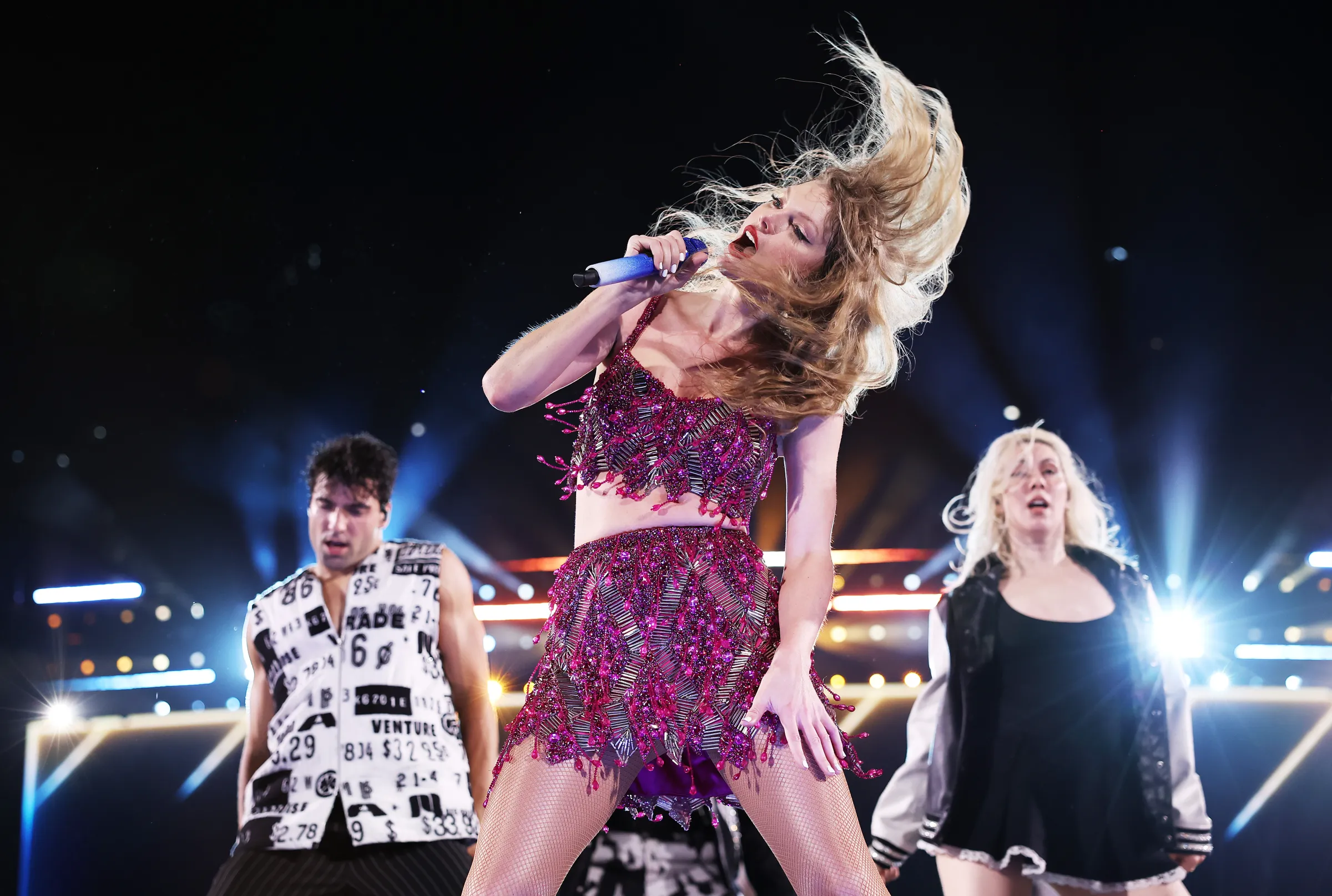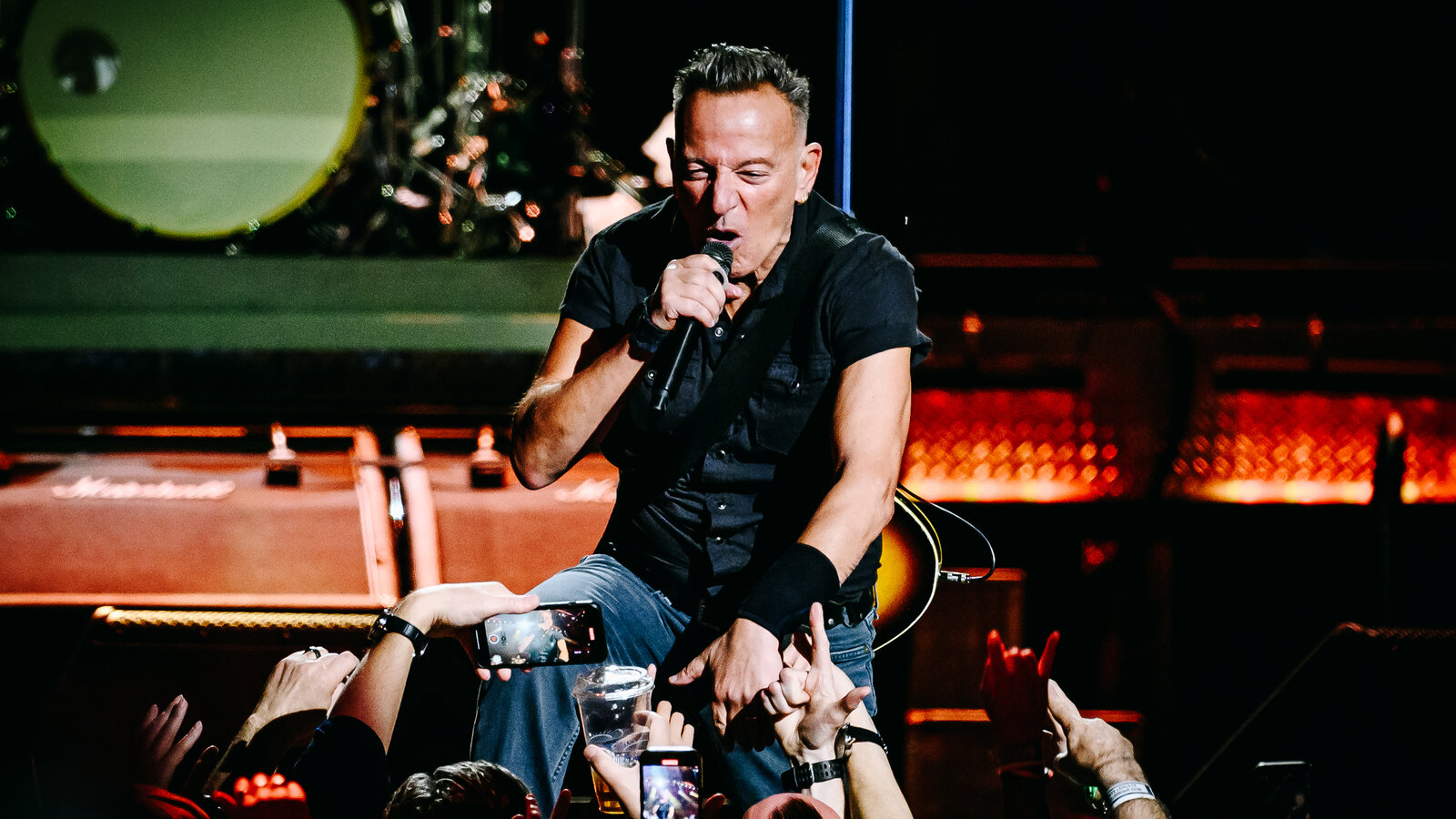It has always been challenging for small or independent music venues to achieve profitability. Today, with elevated operating costs, many venue owners are finding it difficult to keep ticket prices reasonable for audiences and to take risks on emerging artists.
In the past year, music enthusiasts have flocked back to large stadiums to see sold-out performances by icons like Beyoncé and Taylor Swift, even as consumers have reduced spending on leisure activities.
However, many smaller, independent venues have not yet experienced a return to pre-pandemic business levels, according to Stephen Parker, executive director of the National Independent Venue Association (NIVA).
“If you are a larger venue, you’re likely doing quite well post-pandemic,” he said. “But for smaller venues, while business is improving and you’re managing to stay afloat, it is increasingly challenging to compete with the economies of scale available to larger organizations.”
Founded in 2020, NIVA was initially established to advocate for government relief while venues struggled to remain open during Covid lockdowns.
The organization played a key role in securing $16 billion in federal aid for the industry and now focuses on other issues, such as price gouging in the resell market.
One of the current challenges for NIVA’s network of independent venues, Parker noted, is maintaining profit margins amidst rising costs.
First Avenue Productions, which runs several venues in Minnesota’s Twin Cities, has seen operating costs climb nearly 30% since before the Covid-19 pandemic, with price increases affecting everything from beer to ice to insurance, according to owner Dayna Frank.
“We don’t have corporate backstops, we have limited resources,” said Frank, a founding member of NIVA and former board president. “Most people are, you know, owner, operator, floor sweeper, booker, marketer, light bulb changer—everything.”
Paul Rizzo, owner of The Bitter End, a historic club in New York City, reported that while costs for food and other expenses have risen, consumers are spending less overall.
This trend includes a broader pullback as Americans tighten their spending, as well as a shift noted by some venue owners that younger music fans are drinking less compared to older generations.

Some venue owners also speculate that the legalization of marijuana in various markets might be impacting bar sales, which constitute a significant revenue stream for music venues.
For Alisha Edmonson and Joe Lapan, co-owners of Songbyrd Music House—a 250-capacity venue in Washington, D.C.—pricing concessions remains a continuous challenge amidst rising raw costs and declining consumer spending.
Lapan noted that fans often expect higher drink prices at larger venues and stadiums, but do not have the same expectations for smaller venues.
“There’s this idea that you’re going to a small venue and it should be like your small local bar, but that’s not the economics of a venue,” Edmonson said. “We’re providing this extra service that we have to find a way to fund.”
This situation contributes to what NIVA Board President Andre Perry describes as a “very difficult balancing act” in running a successful small venue.
Owners must navigate marketing different acts nightly, decide whether to invest in newer performers, and continually adapt to their changing communities as the economic environment evolves, said Perry, who has worked in live music for 20 years and now directs the Hancher Auditorium at the University of Iowa.
Unlike some small businesses, venue owners are not selling a uniform product every day, Perry explained.
“You’re taking a cultural practice and integrating it into the marketplace, which creates some tension. It’s not necessarily bad or broken; it’s just that we have to work hard to make it sustainable for everyone involved.”
Many small venue owners are driven by their passion for music and community rather than by profit, said Cat Henry, executive director of the Live Music Society.
Henry’s organization supports venues with capacities of under 300 by providing grants to initiate new programs or support emerging artists who may not attract large crowds.
“I hope that at the state level, and within private foundations, there will be recognition that this is not solely a commercial model. There are necessary supports that need to be put in place to sustain a vital part of American culture,” Henry said.







Leave a Reply